Here at Science Sparks, we try to make science as easy and accessible as possible. When I ask people why they don’t do more science at home with children, one of the answers is usually that science experiments are messy. While this can most definitely be true, there are also lots of non-messy science investigations and experiments around. One of the easiest ways to reduce mess is to try a science experiment in a jar! The jar or glass keeps most of the mess in one place, and the activity can generally be poured away afterwards.
I’ve pulled together a list of our favourite science experiments in a jar to make science at home even more accessible! Most of these also work with a tall glass if you don’t have a jar.
Make fireworks in a jar, grow a bean in a jar, practice estimating, make a DIY barometer and lots more. Which will you try first?
Science Experiments in a Jar
1. Fireworks in a jar
This lovely, colourful science experiment is super easy to set up and carry out but looks fantastic! Watch as swirls of food colouring burst through the oil into the water.
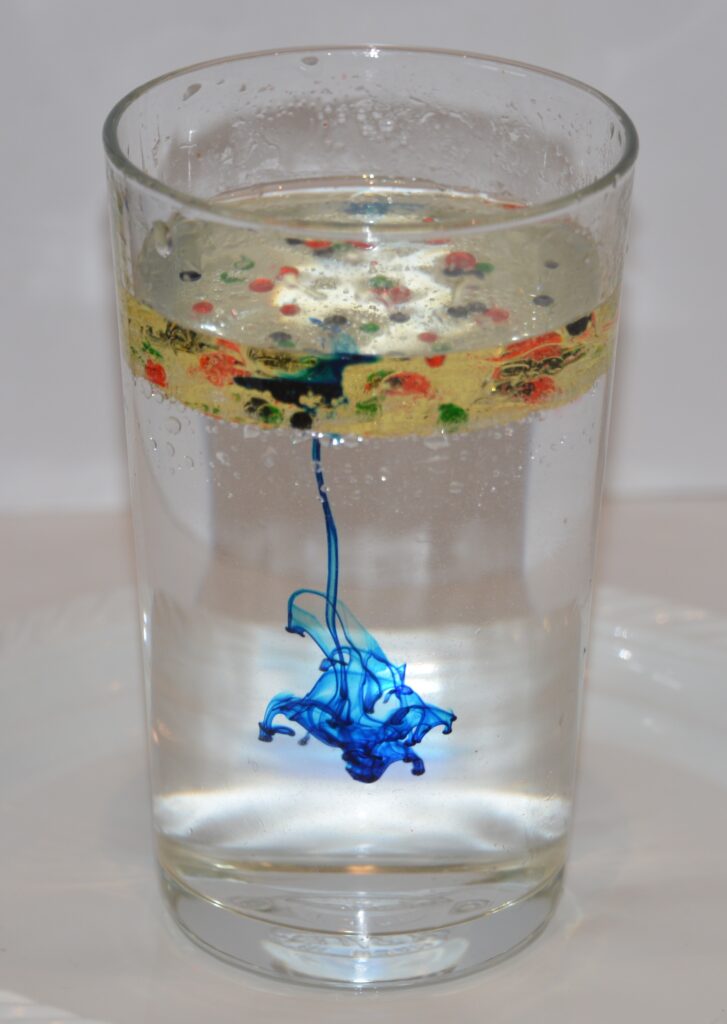
2. Lift an ice cube with a string
Use salt to lift an ice cube out of a jar or glass with a piece of string! Salt lowers the freezing point of water, so the ice melts a little and then refreezes around the string.
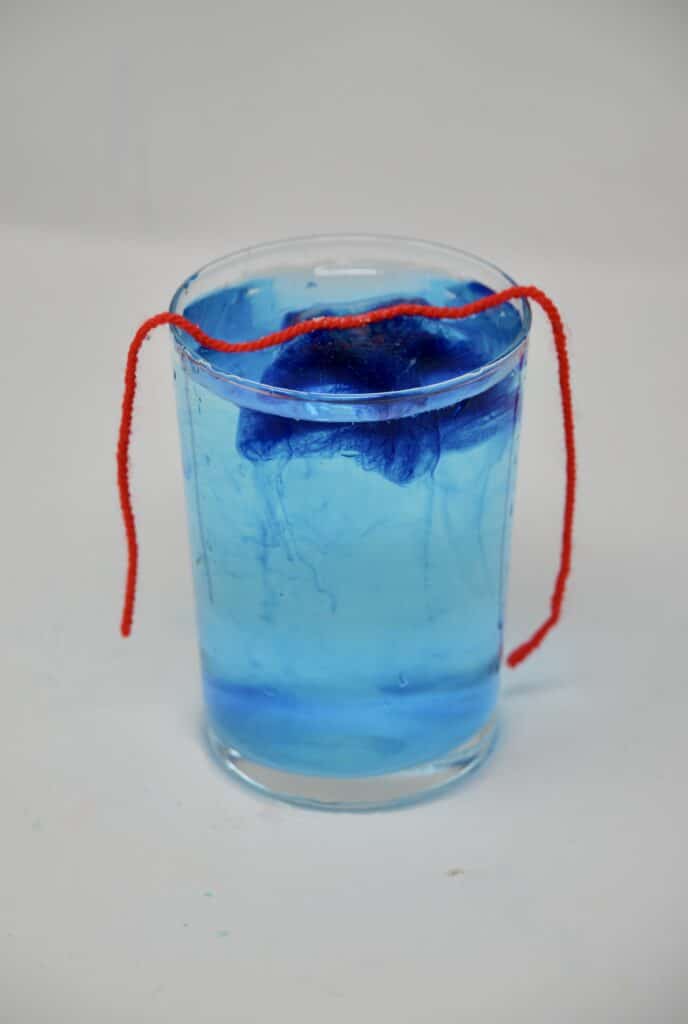
3. Dancing raisins
Use baking soda to make raisins dance around a glass of water!
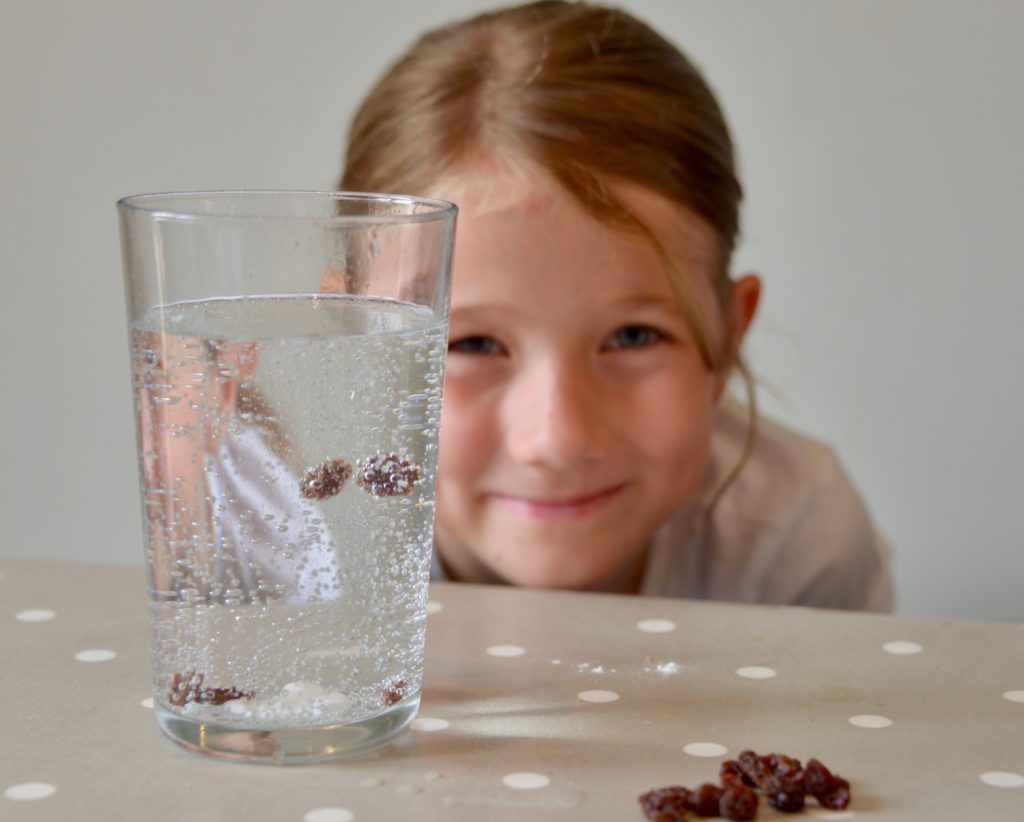
4. Make butter from cream
You’ll need some strong arm muscles for this one! Shake a jar of cream for about five minutes, and it will turn into butter! This is a good activity for learning about emulsions and colloids.
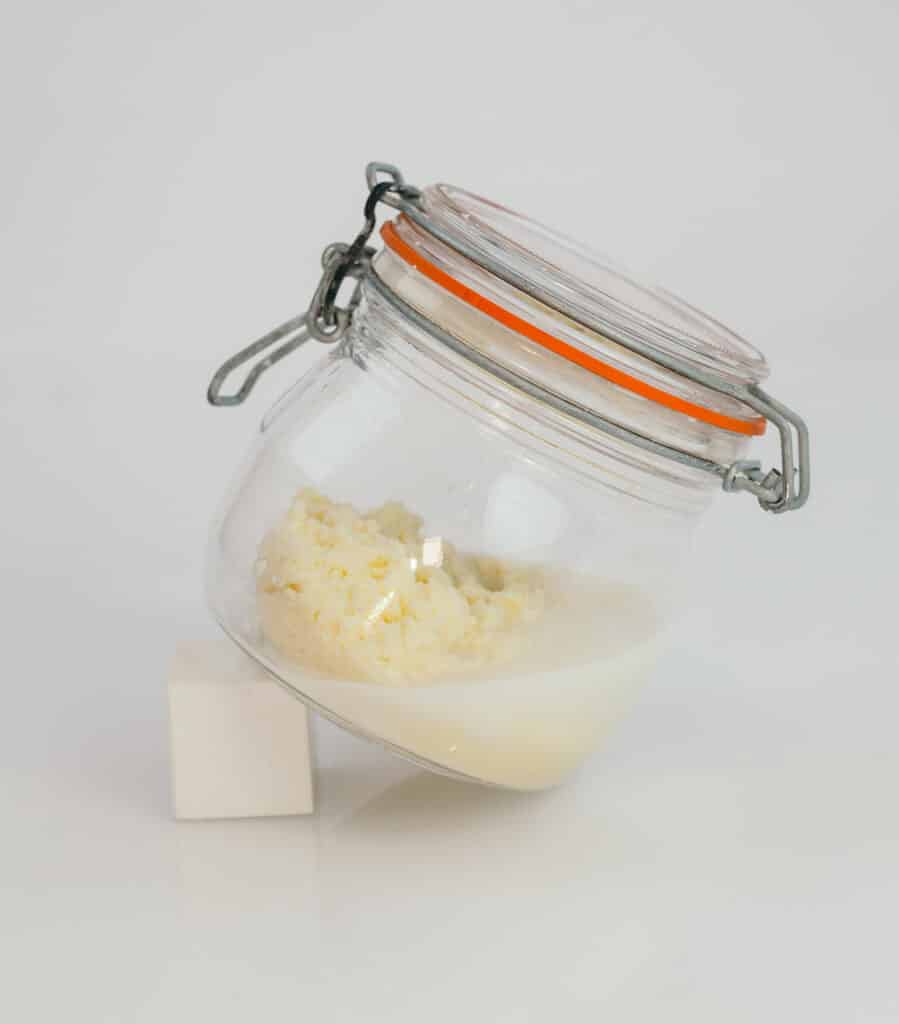
5. Floating eggs
Discover how adding salt to water affects its density with this simple science demonstration using an egg!
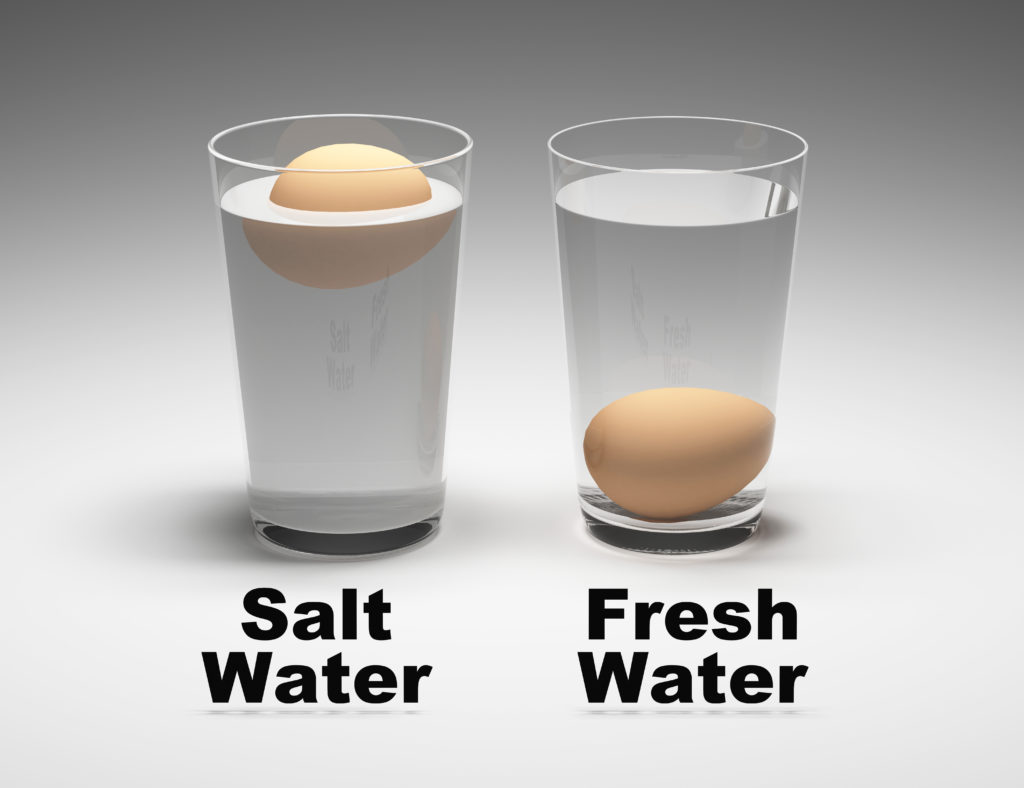
6. Tooth decay experiment
Soak eggs in vinegar and water for two days to see what happens! This is a great way to demonstrate how acidic food affects tooth enamel.
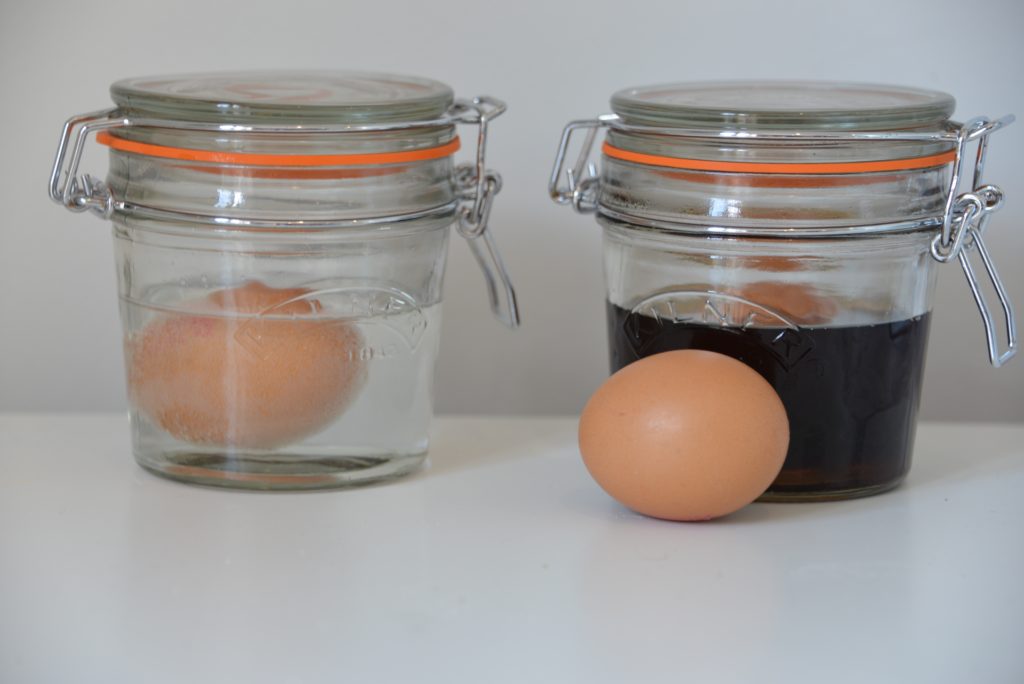
7. Pumping heart model
This pumping heart model is a great demonstration of one chamber of the heart and valve. It’s also something you can keep and use over and over again!
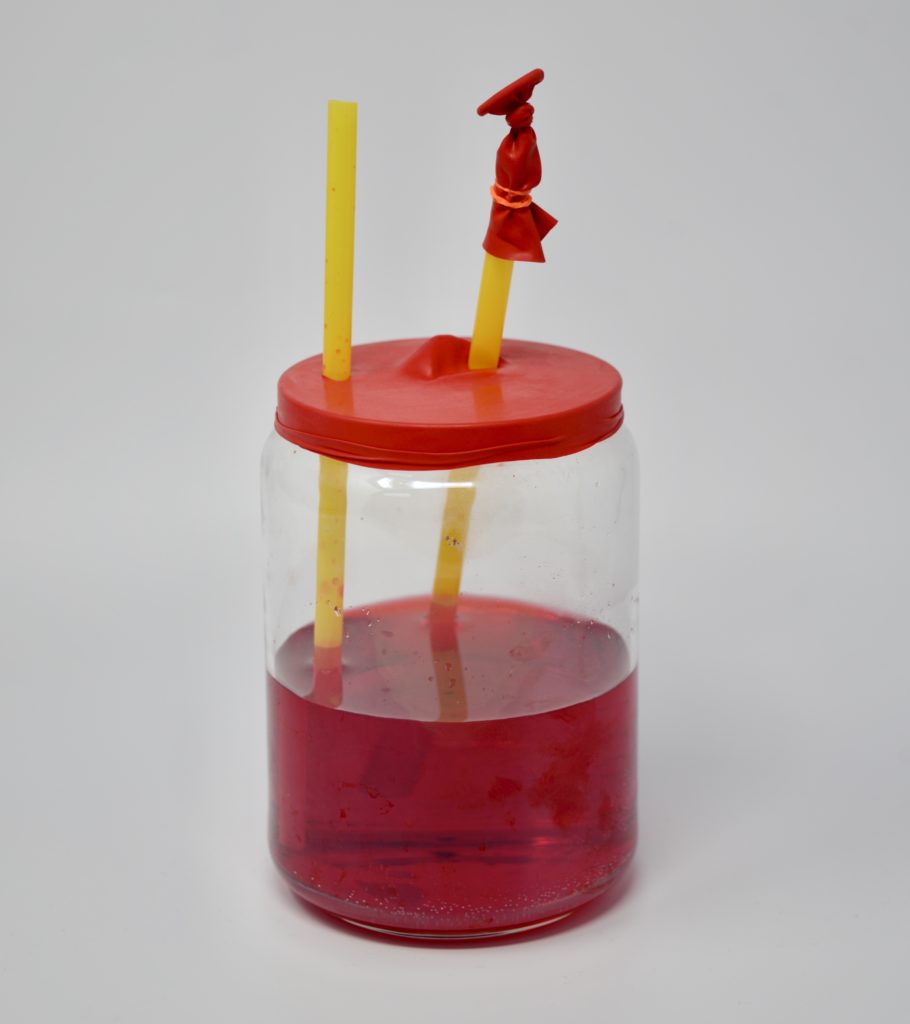
8. Tornado in a jar
Learn all about tornados ( also known as twisters, cyclones or funnels ) with this simple tornado in a jar demonstration.
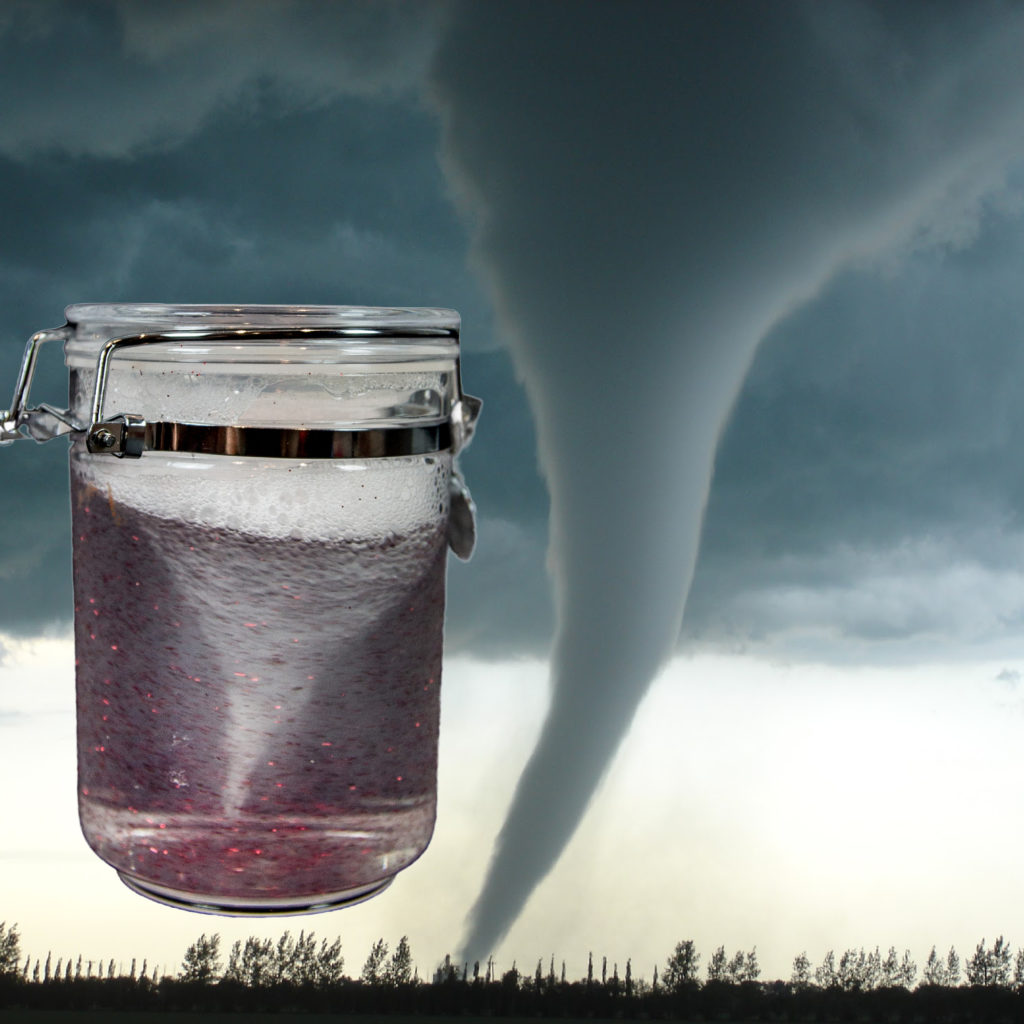
9. Make a barometer
Learn about air pressure and how it impacts weather with this simple homemade barometer made from a small jar, balloon and a wooden stick.
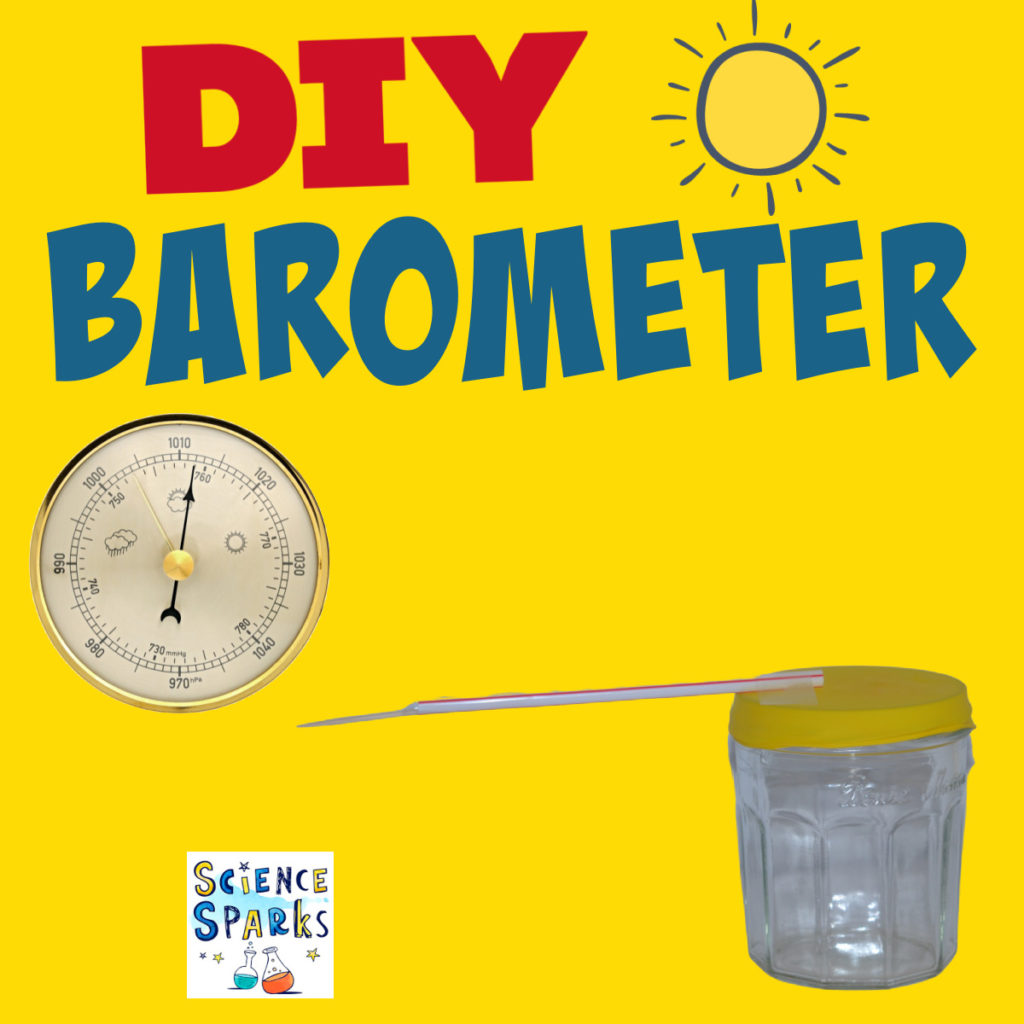
10. Easy density jar
This density jar is a brilliant way to demonstrate the concept of density to children. The most dense liquids are at the bottom and the least dense at the top. As an extension challenge, children can try to find different small objects to float on each layer.
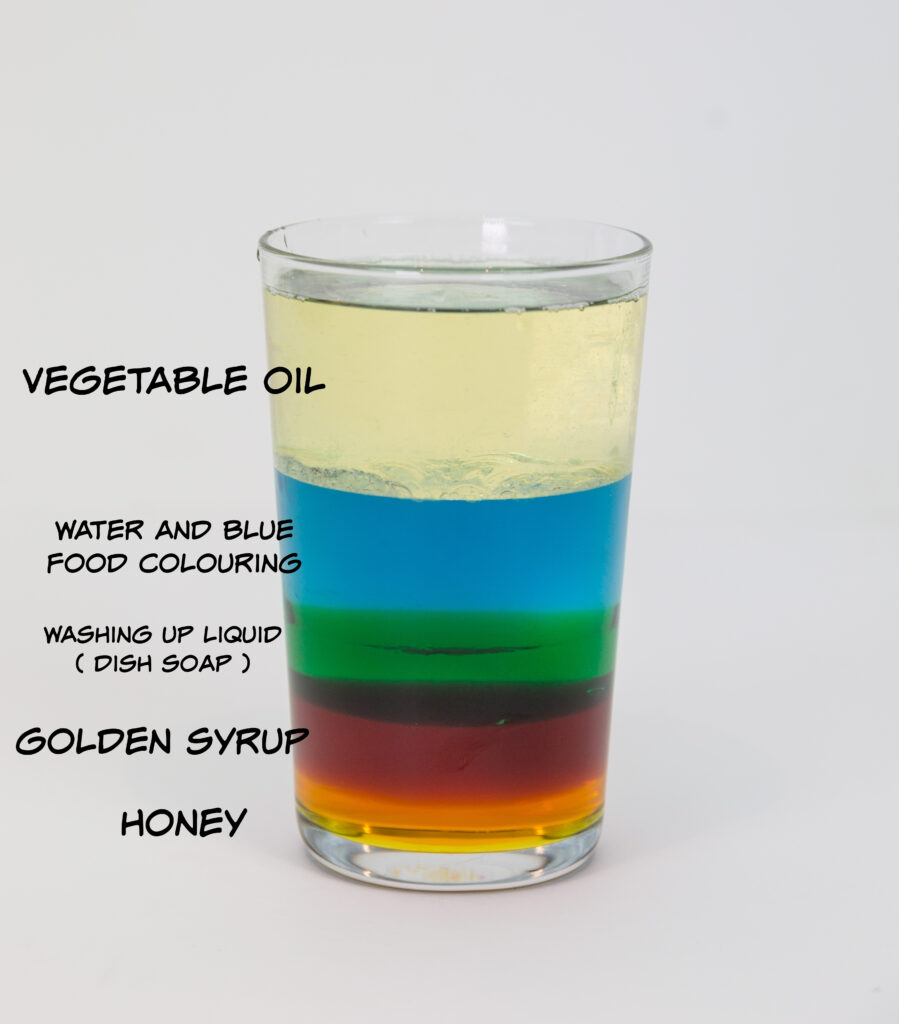
11. Salt lava lamp
This simple salt lava lamp is a fun twist on the more traditional homemade lava lamp that uses a fizzy tablet. Although the salt lava lamp doesn’t look quite as good and isn’t as reusable, it is still a lovely science activity for learning about density.
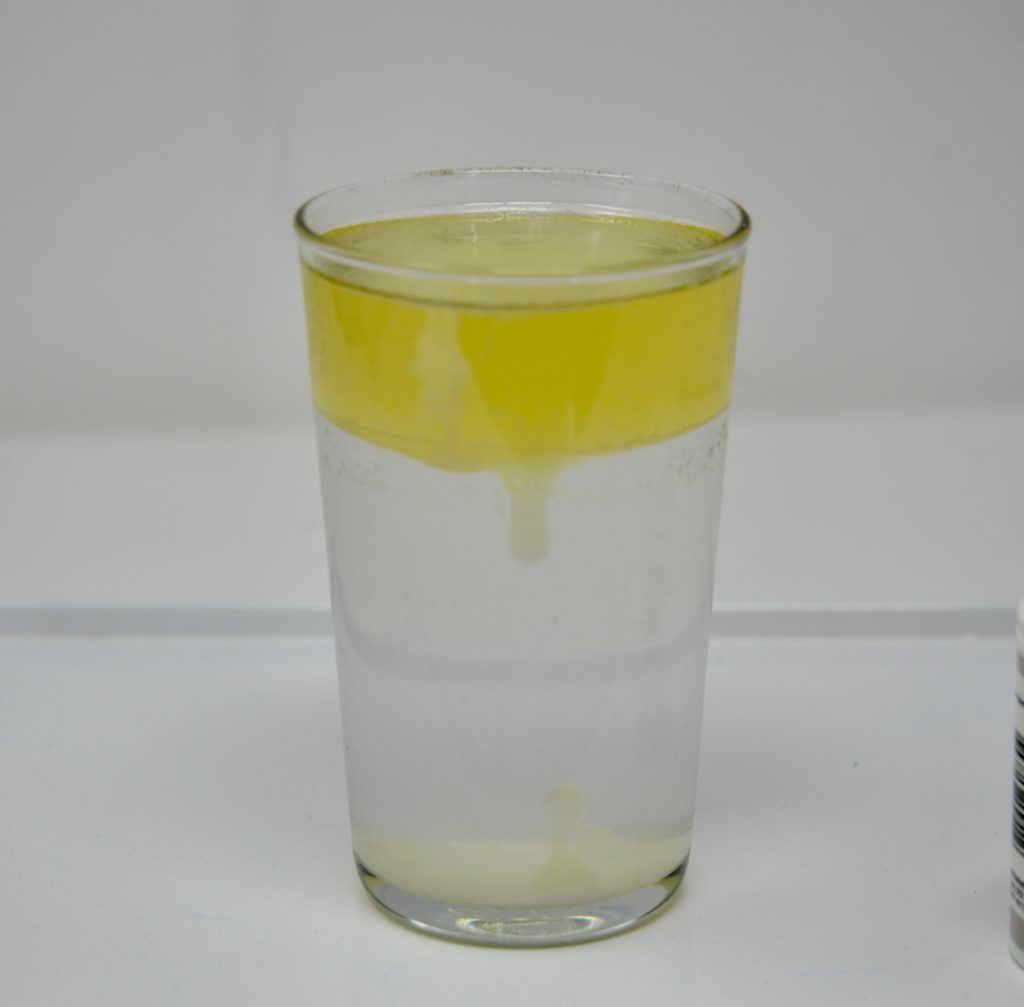
12. Oil and water lava lamp
Homemade lava lamps are one of our favourite science experiments. They are super simple to make, can be used over and over again, and allow you to be as creative as you like. Just drop an effervescent tablet in and watch the fizz!
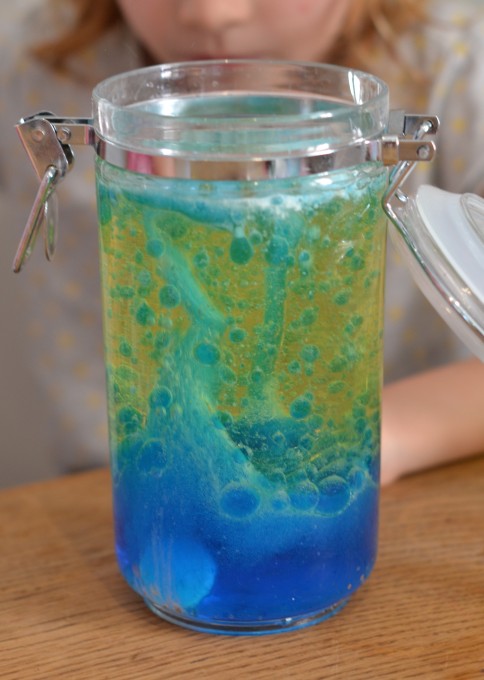
13. Bean in a jar
Grow a bean in a jar with just a little water. This is a great science activity for learning about germination and the environmental factors needed to make it happen.

14. Rain cloud in a jar
Find out why and how rain falls with this fun and visually appealing rain cloud in a jar.
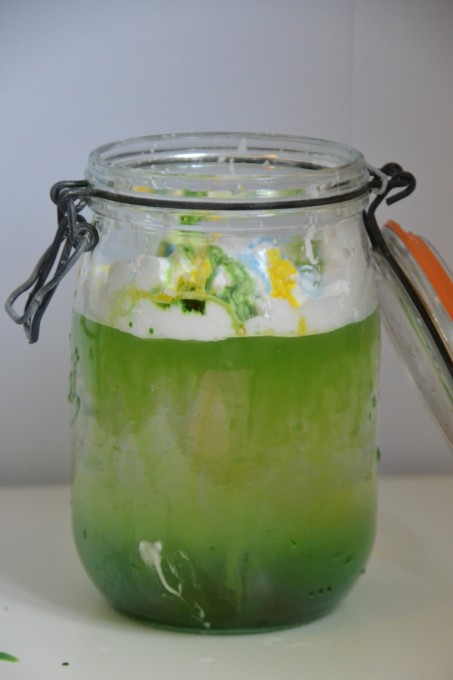
15. Estimating jars
These aren’t a science experiment as such, but being able to estimate is a handy scientific skill. Fill a jar with small seasonal items and ask kids to estimate how many of each are in the jar!
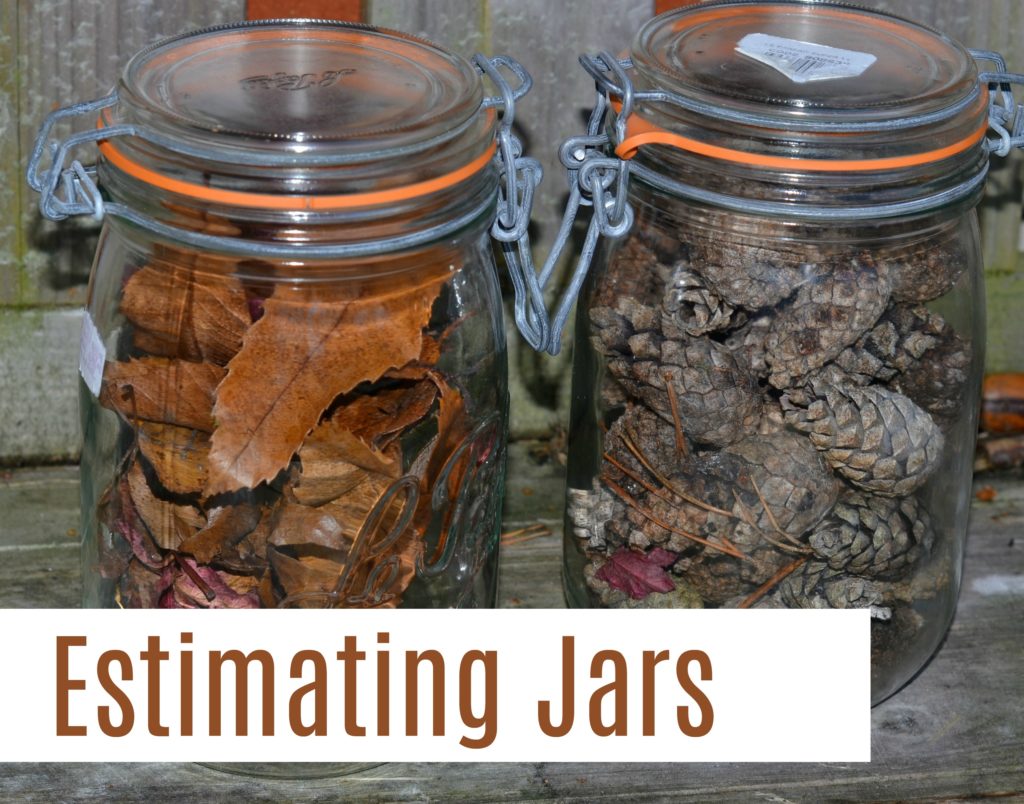
More science in a jar
Mombrite has a fantastic snowstorm in a jar activity.
Fun a Day has some beautiful butterfly sensory bottles that would work perfectly with small jars.
Find out how to make a cloud in a jar with NASA!
Can you think of any more science experiments you can do in a jar? I’d love you to share in the comments if you’ve got an idea I can add.
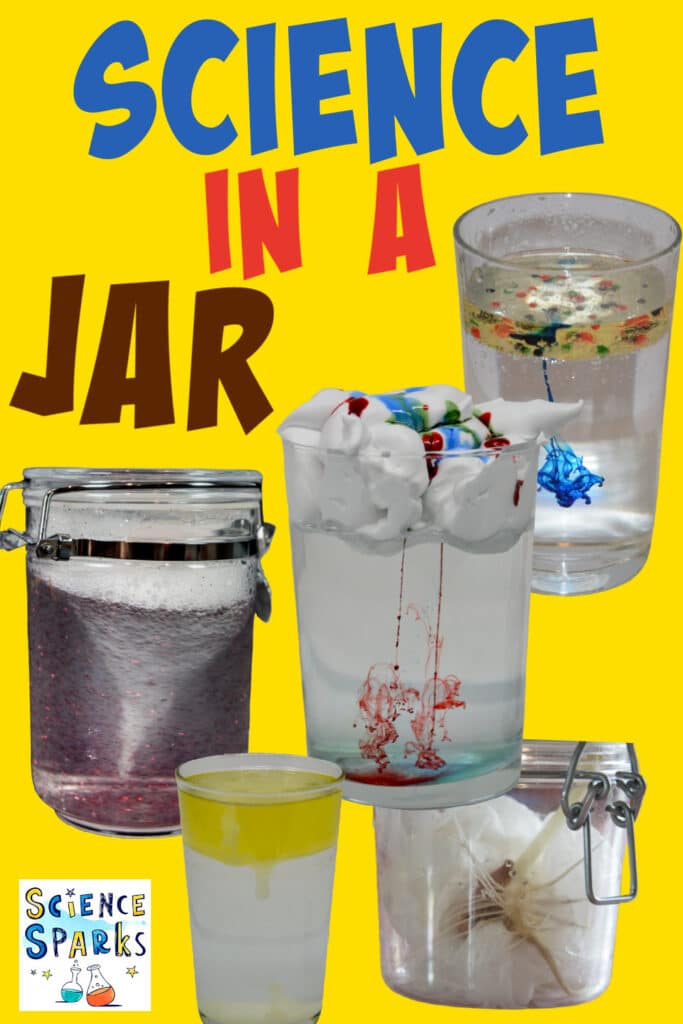
Last Updated on September 18, 2024 by Emma Vanstone

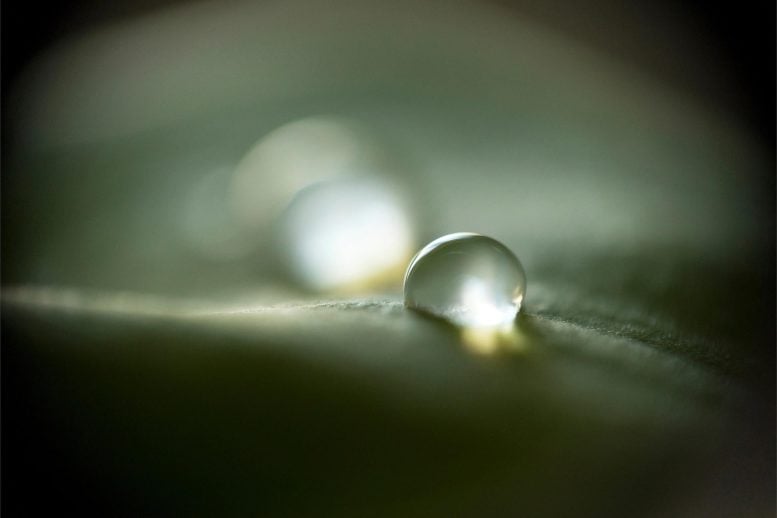



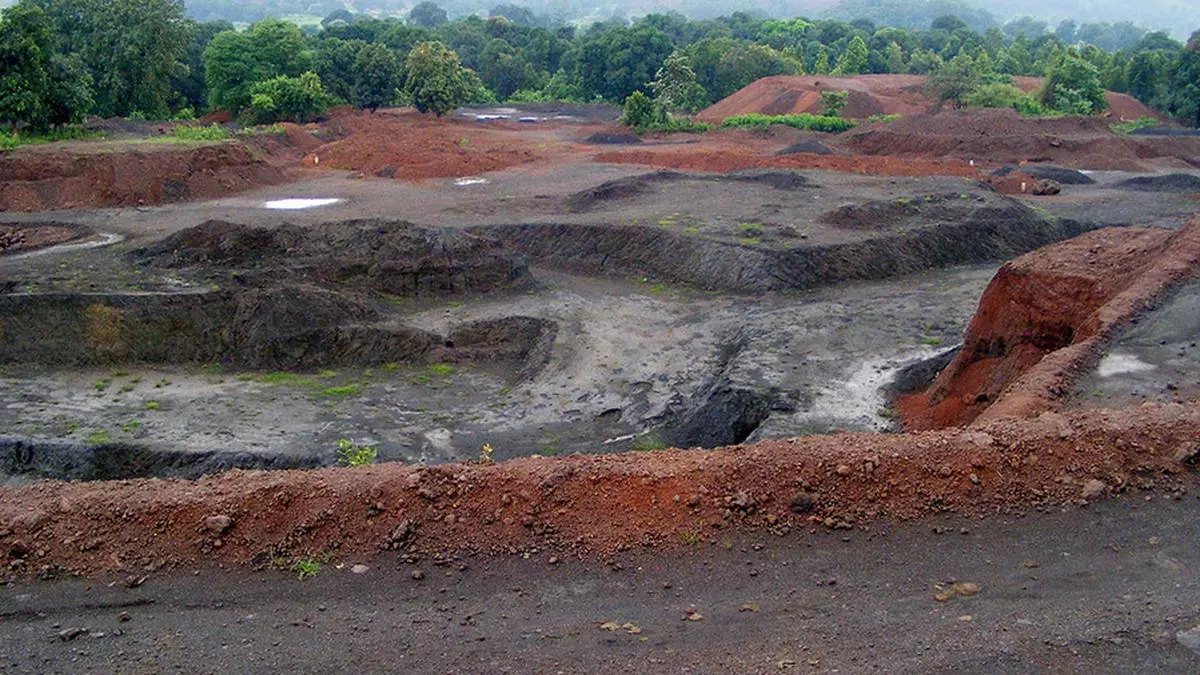

Leave a Comment